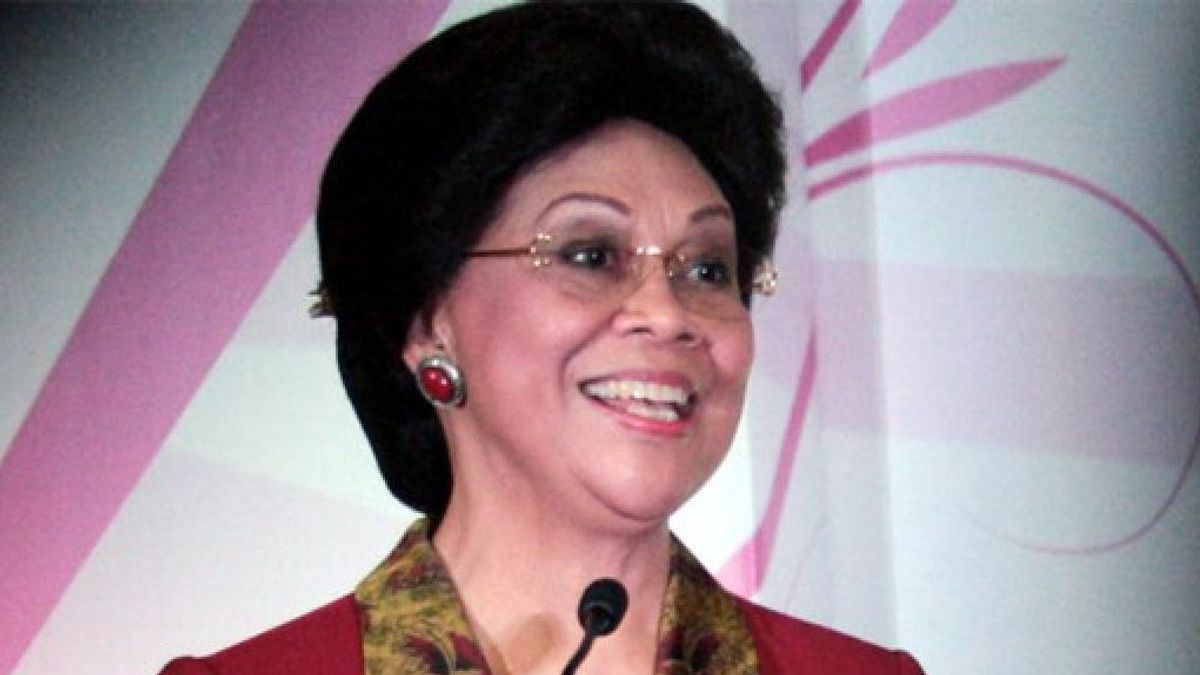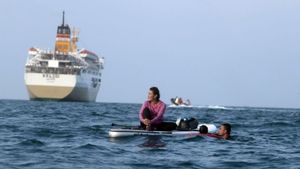JAKARTA Memories of today, 10 years ago, February 6, 2014, Minister of Health (Menkes), Nafsiah Mboi reiterated that women's circumcision had no medical benefits. He revealed the narrative in the consideration of Permenkes Number 6 of 2014.
Previously, women's circumcision had been cultivated for a long time. Problems arise. The practice is considered to have no medical benefits. The UN also spoke up. They called for countries in the world to prohibit women's circumcision. Indonesia is the opposite. Women's sunat remains legal.
The practice of women's circumcision is not new to the world. This activity has existed for a long time. The narrative of health, religion, and fertility is behind it. However, not a few doubted these claims. Along with the times, women's circumcision is considered irrelevant.
The practice is considered to bring a lot of harm, rather than benefits. Among other things, serious threats to the psychological, sexual, and reproductive health of women. One after another rejection related to the prohibition of women's circumcision echoed. The UN even took part.
The UN General Assembly itself has unanimously approved a global ban on women's circumcision. They also appealed to countries in the world to abandon the practice of female circumcision that led to genital mutilation (Female Genital Mutilation) in 2010.
Indonesia itself tried to ban the practice of women's circumcision long before the ban on the United Nations in 2006. However, this effort was opposed by many parties. The Indonesian Ulema Council (MUI) is the most important party to reject it.
MUI issued a fatwa two years later. They revealed that women's circumcision was part of the Shari'a. This condition makes women's circumcision remain legal. Even though many countries in the world refuse. Minister of Health, Endang Rahayu Setyaningsih, issued Minister of Health Regulation Number 1636 of 2010.
It contains approximately regulating procedures and technique and only which part to cut. Endang felt there was no need to follow the UN's advice. He considered that women's circumcision in Indonesia was different from that on the African continent.
"Women's criticism according to Islamic teachings is sufficient by removing the membranes that cover the clitoris. Islamic teachings prohibit the practice of finals that are carried out excessively, such as cutting or injuring clitoris that can be dangerous," said MUI Chairman Ma'ruf Amin as quoted by Antara, January 21, 2013.
No one doubts the presence of Permenkes Number 1636 of 2010 provides great space for the practice of women's circumcision in Indonesia. The Minister of Health in the 2012-2014 era, Nafsiah Mboi again emphasized that the practice of women's circumcision did not have medical benefits.
However, the circumcision of women in Indonesia is still considered different from those present in Africa. Sunat in Indonesia has not yet reached the level of genital mutilation that violates human rights.
This affirmation made Nafsiah immediately revoke Permenkes Number 1636 of 2010. He issued Permenkes No. 6 of 2004 to revoke the previous Permenkes on February 6, 2014.
The legal product confirms that it will review the practice of women's circumcision procedures in order to ensure the safety and security of women who are circumcised. Even though women's circumcision does not have medical benefits for women.
SEE ALSO:
"That every action taken in the field of medicine must be based on medical indications and proven to be scientifically beneficial. That female circumcision is not currently an act of medicine because its implementation is not based on medical indications and has not been proven beneficial for health".
"That based on the cultural aspects and beliefs of the Indonesian people, until now there is still a request for the circumcision of women whose implementation must still pay attention to the safety and health of women who are circumcised. And do not mutilate female genitalia (famal genital mutilation)," said Nafsia in her consideration at Permenkes No. 6 of 2014.
The English, Chinese, Japanese, Arabic, and French versions are automatically generated by the AI. So there may still be inaccuracies in translating, please always see Indonesian as our main language. (system supported by DigitalSiber.id)














